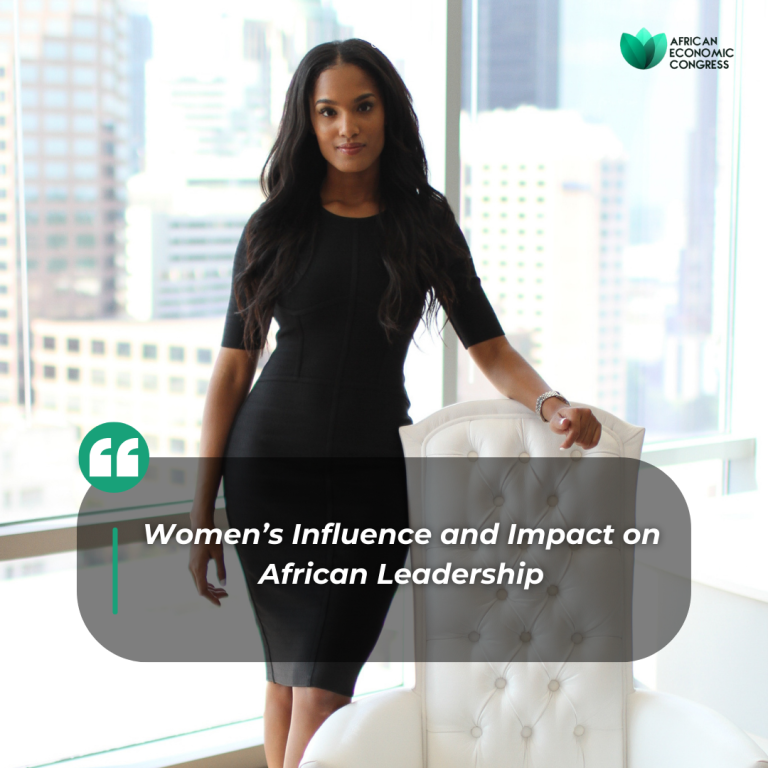In Africa, women are stepping into political arenas, challenging norms, and reshaping the future of their countries. Their journeys are filled with resilience, dedication, and a passion for change.
These success stories of women in African politics demonstrate the transformative power of female leadership and inspire future generations to break barriers and strive for excellence.
But it goes without saying, that to understand the journey of the African Women in Politics, we need to understand the kind of barriers they had to break.
For many years, African women have faced significant challenges in entering and succeeding in the political sphere.
Cultural norms, economic constraints, and political violence have often hindered their progress.
However, despite these obstacles, numerous women have emerged as influential leaders, advocating for change and making substantial contributions to their countries.
Ellen Johnson Sirleaf
Known as Africa’s “Iron Lady,” Ellen Johnson Sirleaf made history by becoming the first elected female head of state in Africa. Serving as the President of Liberia from 2006 to 2018, Sirleaf led her country through a period of reconstruction following years of civil war. Her leadership during the Ebola crisis and her efforts in promoting women’s rights and education earned her international recognition, including a Nobel Peace Prize in 2011. Sirleaf’s presidency showcased the strength and resilience of female leadership in times of crisis and recovery.
Joyce Banda
Joyce Banda, the first female President of Malawi, served from 2012 to 2014. Before becoming president, Banda was a successful businesswoman and a vocal advocate for women’s rights. During her presidency, she implemented significant reforms in economic management and women’s empowerment. Banda’s administration focused on improving maternal health, and girls’ education, and combating gender-based violence.
Amina J. Mohammed
Amina J. Mohammed, Nigeria’s former Minister of Environment, currently serves as the Deputy Secretary-General of the United Nations. Mohammed has played a pivotal role in global development policies, emphasizing sustainable development and gender equality. Her efforts have been instrumental in shaping the 2030 Agenda for Sustainable Development. Mohammed’s career demonstrates how African women can influence international policies and contribute to global development.
Phumzile Mlambo-Ngcuka
Phumzile Mlambo-Ngcuka, the former Deputy President of South Africa, served as the Executive Director of UN Women from 2013 to 2021. Under her leadership, UN Women made significant strides in promoting gender equality and women’s rights worldwide. Mlambo-Ngcuka’s work has been crucial in advancing policies that address gender-based violence, economic empowerment, and political participation.
The Influence of Women in African Politics
The participation of women in African politics has had a profound impact on leadership and governance across the continent.
For a deeper understanding of how women’s participation in politics shapes African leadership, you can read our blog post on Women’s Participation in African Democracy and Its Influence on African Leadership.
Inspiring the Next Generation
The success stories of women in African politics serve as powerful examples for future generations. Programs and initiatives aimed at empowering young women, such as mentorship programmes and leadership training, are crucial for nurturing the next wave of female leaders.
The journeys of these remarkable women illustrate the immense potential and impact of female leadership in Africa.
Their stories are not just tales of personal success but testimonies of resilience, dedication, and the transformative power of inclusive governance.
By learning from these trailblazers and supporting the next generation of female leaders, we can build a future where women’s voices are integral to the political landscape, driving progress and development across Africa.


